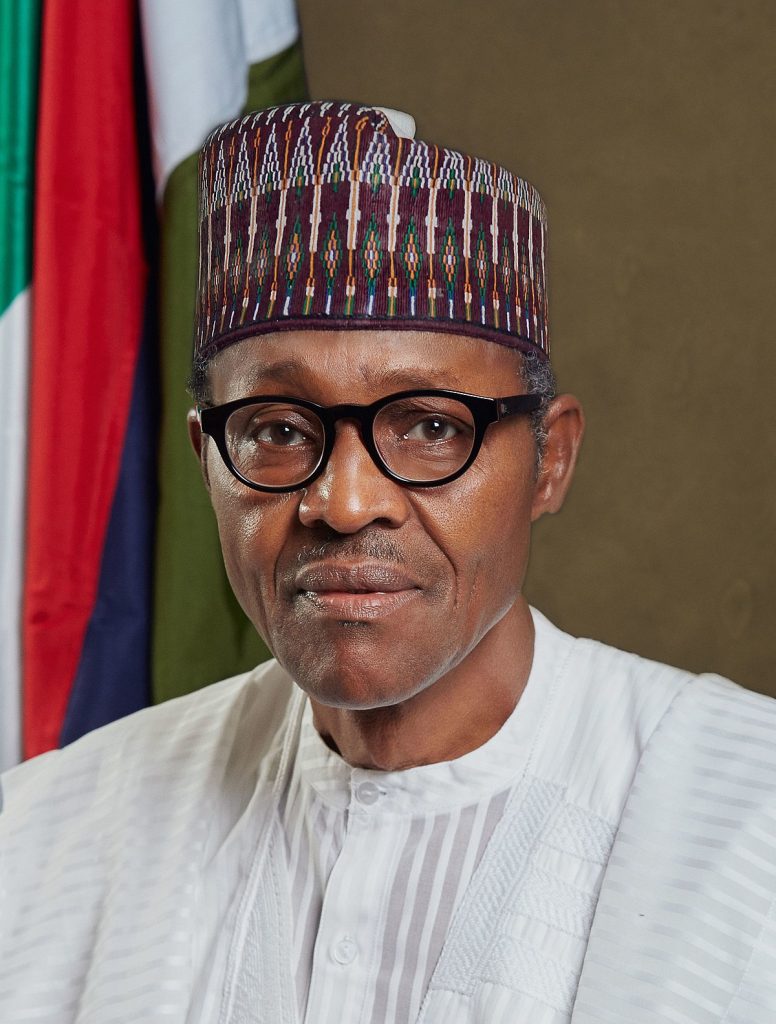As stated in the first series of a review of bills signed by former President Muhammadu Buhari, despite the various indices that point to economic retrogression in the last eight years, it was not all gloom, and doom under Daura’s pride. The Buhari administration enacted some laws that seem pivotal to social reforms, although citizens are yet to feel the full impact of these bills.
In this series, we shall analyse the following bills signed into law between 2016 and 2023.
MINIMUM WAGE BILL 2019
Nigerian public workers have never been adequately compensated at least in the last three decades. The current minimum wage of N30,000, which is a measly $65 dollars, was secured through years of struggles and strikes.
The minimum wage was first enacted as a law in 2010 with the approval of N18,000 by former President Goodluck Jonathan. Prior to this, the Labour Act of 2004 was the major legal framework guiding the remunerations of government workers.
Like in previous administrations, Buhari’s administration had its share of fisticuffs with the Nigeria Labour Congress (NLC), and the Trade Union Congress. In 2018, the unions embarked on an indefinite warning strike which lasted for barely three days. In an effort to make the striking workers return to work, Buhari set up a committee to review the minimum wage. The committee recommended N30,000 as the new minimum wage for workers in the country. The president accepted the committee’s recommendation and forwarded the bill to the National Assembly. He eventually signed the new minimum wage into law in April 2019
THE NIGER DELTA DEVELOPMENT COMMISSION (NDDC) AMENDMENT ACT, 2017
In December 2017, the National Assembly passed a bill to amend the Niger Delta Development Commission (Establishment, Etc.) Act, 2000 (NDDC Act)
The new Act includes the gas-producing and gas-processing companies in the list of agencies that are contributing to the Niger Delta Development Commission in addition to the oil companies in a bid to increase funding of the commission for the effective discharge of its duties.
Previously, the NDDC Act excluded gas companies. The Act makes it explicit that the gas companies have to be included. This is to diversify the sources of funding for the NDDC for the economic well-being of the region.
The Niger Delta Development Commission (NDDC) was established in 2000 pursuant to the NDDC Act, to curb militancy and tackle ecological problems in the Niger Delta region. The NDDC is statutorily charged with the responsibility of formulating policies and guidelines for the development and rehabilitation of the region.
Some of the amendments include, but are not limited to:
a) Section 2(1)(b) redrafted to reflect that a person selected to represent each of the NDDC states on the governing board is required to come from an oil-producing local government area. This was indented to clear the ambiguity as to the meaning of the phrase ‘oil producing area’.
b) Sections 2(1)(e) and 2(1)(f) redrafted to clarify that ‘persons’ refer to permanent secretaries who are eligible for appointment to represent the ministries of finance and environment in the governing board.
c) Section 4 redrafted to reflect that the office of the Chairman shall rotate amongst the oil-producing local government areas of the member states.
COMPULSORY TREATMENT AND CARE FOR VICTIMS OF GUNSHOT ACT, 2017
Buhari also into law, the Compulsory Treatment and Care for Victims of Gunshot Act, in 2017. Albeit long overdue, it provides for the compulsory treatment and care for victims of gunshots and for related matters. This promulgation followed countless complaints concerning the treatment of gun victims by hospitals and especially law enforcement agencies. Many of the victims were perceived as criminals and often denied treatment unless they produce a report from the police. Such disdainful and inhumane treatment is now criminal with the new Act.
The Act stipulates that a person with a gunshot wound shall be received for immediate and adequate treatment by any hospital in Nigeria with or without an initial monetary deposit. Furthermore, a person with a gunshot wound shall not be subjected to inhuman and degrading treatment or torture by any person or authority, including the police and other security agencies.
ANTI-TORTURE ACT, 2017.
Anti-Torture Act, 2017 makes comprehensive provisions for penalizing the acts of torture and other cruel, inhuman and degrading treatment or punishment, and prescribes penalties for the commission of such acts.
A section of the Act says: “torture resulting in the loss of life of a person is considered as murder and shall be tried and punished under the relevant laws.”
While the Act may sufficiently address cruel treatment of a citizen by another, it specifically aims to prevent further abuse of power by security officers, especially the police, which is notorious for human rights abuses.
THE NATIONAL INSTITUTE FOR CANCER RESEARCH AND TREATMENT (ESTABLISHMENT) ACT, 2017
The National Institute for Cancer Research and Treatment (Establishment) Act, 2017 is to provide national direction in cancer research, control and treatment; guide scientific improvements to cancer prevention, treatment and care, coordinate and liaise between a wide range of groups and health care providers with an interest in cancer.
Among other functions, the institute shall make recommendations to the government about cancer policy and priorities; provide financial assistance, out of money appropriated by the National Assembly, for research and treatment and for the implementation of policies and programmes, among others

